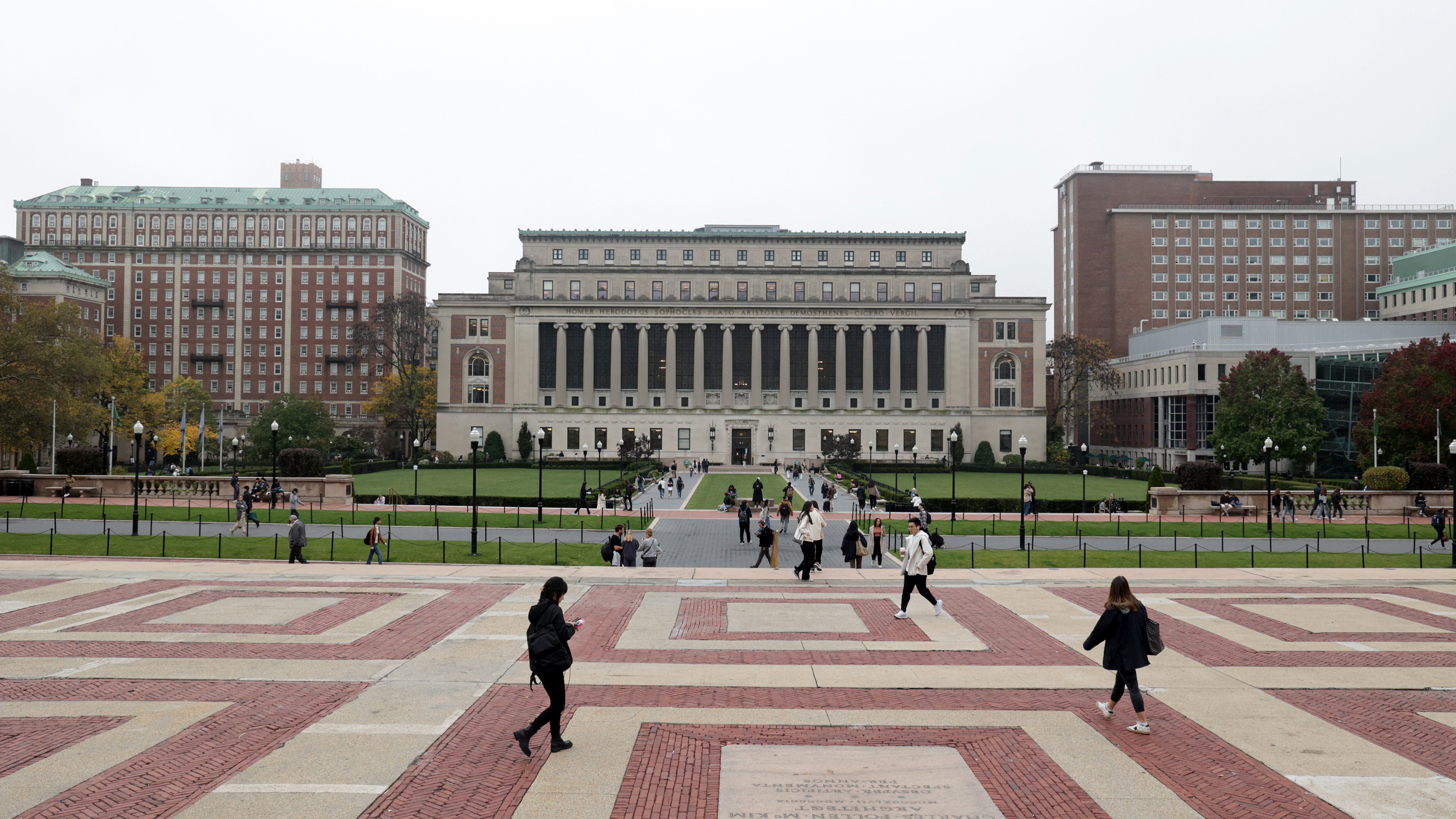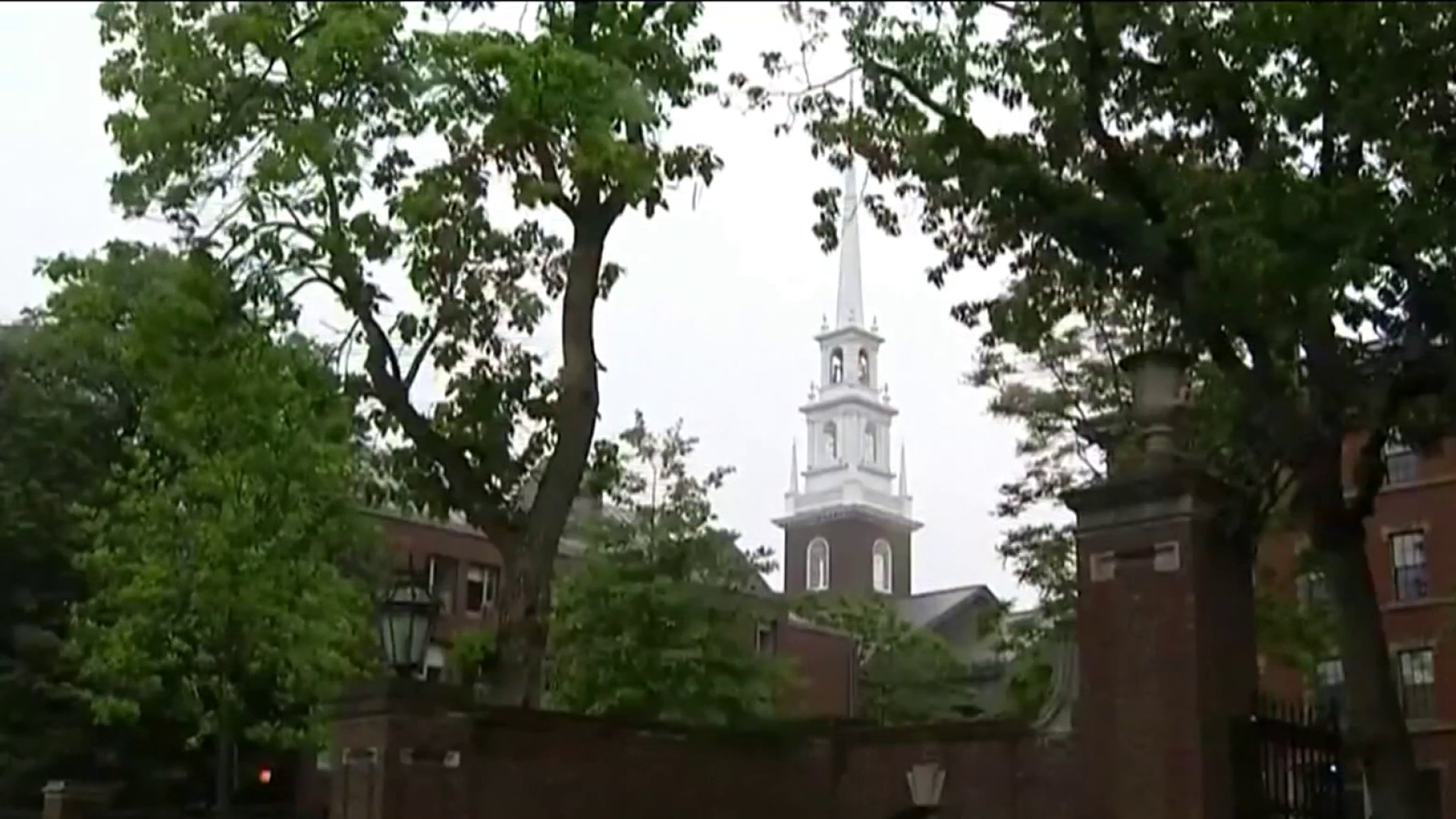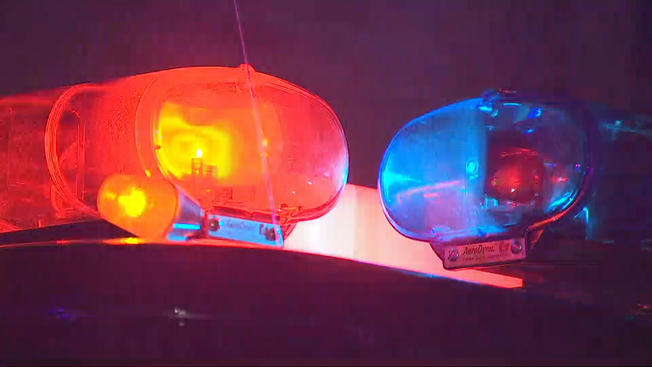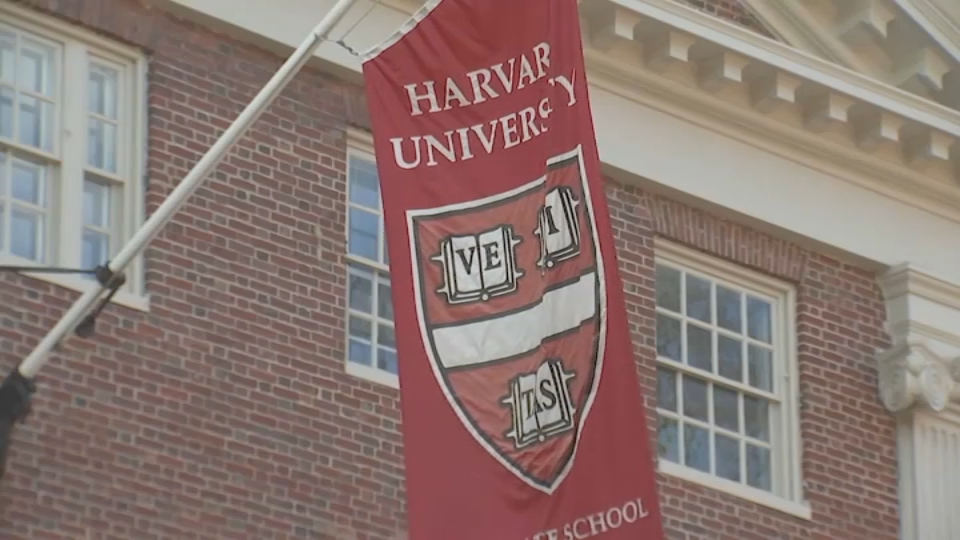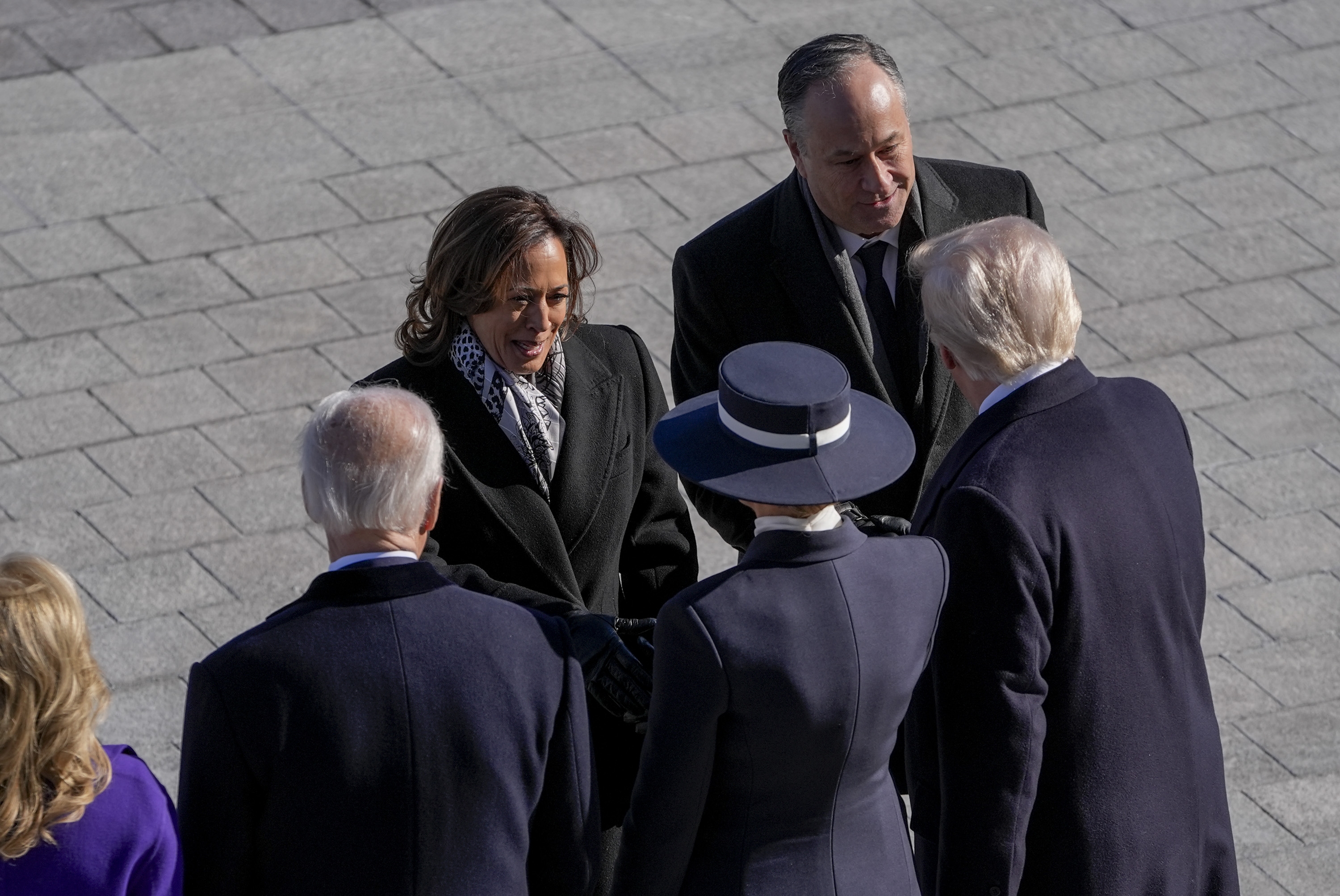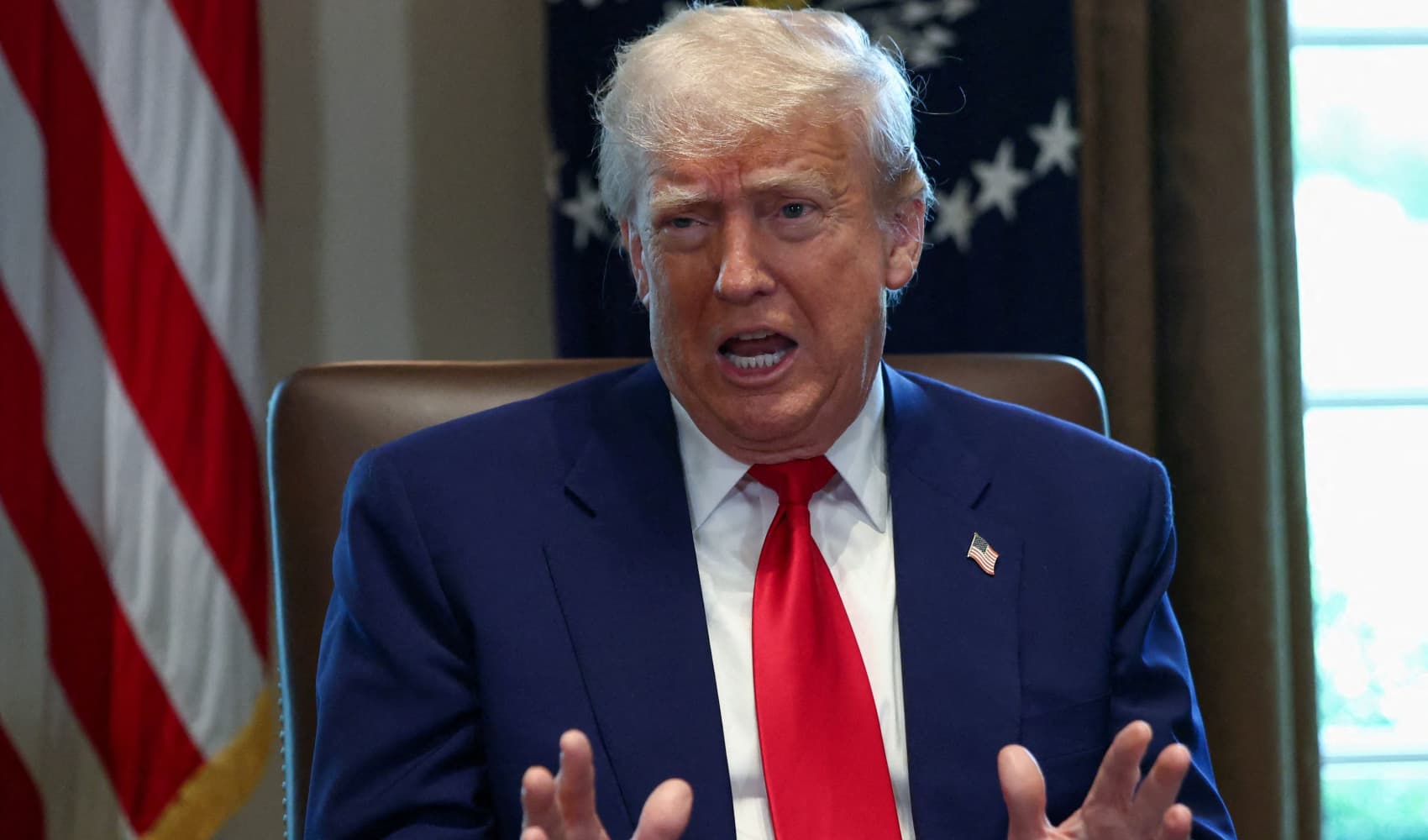Columbia Protest: Tent Encampment Planned - What Happens Now?
Columbia University Faces New Tent Encampment Protest: What's Next?
Introduction: Déjà Vu on Columbia's Campus?
Remember those headlines from last year? The ones about students at Columbia University setting up tent encampments in protest? Well, get ready for a potential sequel. Sources are saying that a group of protesters is planning to erect new tent encampments on Columbia's campuses this week, reigniting the debate and tensions surrounding the ongoing conflict in Gaza. Is this a case of history repeating itself, or will this year's protests take a different turn? Let's dive in and see what's brewing.
The Spark: Protesting the War in Gaza
At the heart of this planned protest is the ongoing war in Gaza. Students, like many around the world, are deeply affected by the conflict and are seeking to make their voices heard. These encampments are intended as a visible and sustained form of protest, designed to draw attention to the issues and put pressure on the university to take action, or at least acknowledge the students' concerns. What specific actions do the students hope Columbia will take? That remains to be seen, but the encampment is undoubtedly a strong statement.
Echoes of the Past: Learning from Previous Protests
The 2022-2023 Encampment: A Brief Recap
Let's not forget that this isn't Columbia's first rodeo with tent protests. Last year, students set up around 50 tents on a university lawn, sparking conversations and debates both on and off campus. Those demonstrations, in part, fueled the Trump administration’s effort to extract concessions from Columbia, saying the university failed to quell antisemitism on its campus. That’s a pretty heavy consequence, right?
Lessons Learned: What Worked, What Didn't?
It's crucial to analyze what made last year's protests effective and what challenges they faced. Did the encampments successfully raise awareness? Did they lead to meaningful dialogue with the university administration? Or did they primarily result in disruption and division? Understanding the past is key to shaping a more effective and productive protest this time around.
Secrecy and Strategy: Planning in the Shadows
The Brooklyn Connection: A Meeting in Bushwick
Apparently, the planning for these encampments has been shrouded in secrecy. Think of it like a clandestine operation, but instead of spies, we have students fueled by passion and a desire for change. The coordinating meeting took place at a community center on Tuesday night in Brooklyn’s Bushwick neighborhood, approximately 12 miles from campus. Why the secrecy? Perhaps organizers want to avoid preemptive action from the university or counter-protests.
Signal Messages and Digital Communication
In today's digital age, it's no surprise that organizers are using platforms like Signal to communicate and coordinate. These encrypted messaging apps provide a level of privacy and security, allowing organizers to discuss sensitive plans without fear of being monitored. Screenshots of Signal messages from organizers and a person who was at the meeting have surfaced, offering a glimpse into the planning process.
University Response: A Waiting Game
Columbia's Stance: What Can We Expect?
How will Columbia University respond to these planned encampments? Will they adopt a hands-off approach, allowing the protests to unfold peacefully? Or will they take a more proactive stance, attempting to prevent the encampments from being set up in the first place? Their response will likely depend on the scale of the protests, the potential for disruption, and the overall atmosphere on campus.
The Balancing Act: Free Speech vs. University Policy
Universities often find themselves in a tricky position when it comes to student protests. On one hand, they are committed to upholding free speech and allowing students to express their views. On the other hand, they also have a responsibility to maintain order, ensure the safety of all students, and adhere to university policies. Finding the right balance is crucial to navigating these situations effectively. It's like walking a tightrope, isn't it?
Potential Impact: Beyond the Encampments
Raising Awareness: Amplifying the Message
Even if the encampments are short-lived, they have the potential to raise significant awareness about the war in Gaza and the issues at stake. The media attention generated by these protests can amplify the message and bring the conflict to the forefront of public consciousness.
Sparking Dialogue: Fostering Conversations
Ideally, these protests will spark meaningful dialogue between students, faculty, and the university administration. These conversations can lead to a better understanding of the issues, the sharing of different perspectives, and the potential for finding common ground. But can opposing viewpoints truly come together?
Driving Change: Influencing Policy?
Ultimately, the goal of these protests is to drive change. Whether it's influencing university policy, raising awareness among the broader public, or putting pressure on political leaders, the protesters hope to make a tangible difference in the world. But will these encampments be enough to move the needle?
The Broader Context: Campus Activism in the 21st Century
A History of Protest: From Vietnam to Gaza
Student activism has a long and rich history on college campuses. From protests against the Vietnam War to demonstrations against apartheid, students have consistently used their voices to advocate for social justice and political change. These planned encampments at Columbia are part of this ongoing tradition.
The Role of Social Media: Amplifying Voices
In today's digital age, social media plays a crucial role in student activism. Platforms like Twitter, Instagram, and TikTok allow students to organize, share information, and amplify their voices to a global audience. Social media can be a powerful tool for mobilizing support and raising awareness about important issues. It's the modern megaphone!
Ethical Considerations: The Responsibility of Protest
Balancing Passion and Respect: Maintaining Civil Discourse
While protests are a vital part of a democratic society, it's essential to ensure that they are conducted in a respectful and civil manner. Protesters have a responsibility to express their views without resorting to violence, intimidation, or hate speech. Maintaining a balance between passion and respect is crucial for fostering constructive dialogue.
Addressing Concerns About Antisemitism: A Sensitive Issue
Given the sensitive nature of the conflict in Gaza, it's essential to address concerns about antisemitism and ensure that the protests do not contribute to a climate of hate or discrimination. Organizers have a responsibility to condemn antisemitism and promote inclusivity and respect for all members of the university community. This is especially important given the past criticism.
The Future of Protest: What's Next for Columbia?
Monitoring the Situation: A Week to Watch
The coming week will be crucial for monitoring the situation at Columbia and observing how the planned encampments unfold. Will the protests be peaceful and respectful? Will they lead to productive dialogue? Or will they escalate into conflict and disruption? Only time will tell.
Lessons for Other Universities: Navigating Campus Activism
The events at Columbia will undoubtedly serve as a learning experience for other universities facing similar challenges. How Columbia handles these protests will set a precedent for how other institutions navigate the complex issues of free speech, campus activism, and political discourse. It's a high-stakes situation for everyone involved.
Conclusion: Protests, Dialogue, and the Quest for Change
The planned tent encampments at Columbia University represent a renewed effort by students to raise awareness about the war in Gaza and advocate for change. Whether these protests will be successful in achieving their goals remains to be seen. However, one thing is clear: these demonstrations highlight the enduring power of student activism and the importance of fostering dialogue and understanding on college campuses. The key takeaways are the planned nature of the protest, the potential impact on the university, and the ethical considerations involved.
Frequently Asked Questions (FAQs)
- Why are students planning to set up tent encampments? Students are protesting the war in Gaza and seeking to raise awareness about the conflict and its impact. They hope to influence university policy and encourage broader political action.
- Where will the encampments be located? The exact locations of the encampments on Columbia's campuses have not been publicly disclosed, likely due to security and strategic reasons.
- What is Columbia University's policy on student protests? Columbia University has policies that balance freedom of expression with the need to maintain order and ensure the safety of all students. These policies dictate where and how protests can be conducted.
- How are organizers communicating and coordinating these protests? Organizers are using encrypted messaging apps like Signal to communicate securely and coordinate their plans, emphasizing privacy and avoiding potential monitoring.
- What can I do to learn more about the conflict in Gaza? You can consult reputable news sources, academic research, and humanitarian organizations to gain a deeper understanding of the complex issues surrounding the conflict. Consider attending educational events or workshops to learn from experts and engage in respectful dialogue.
